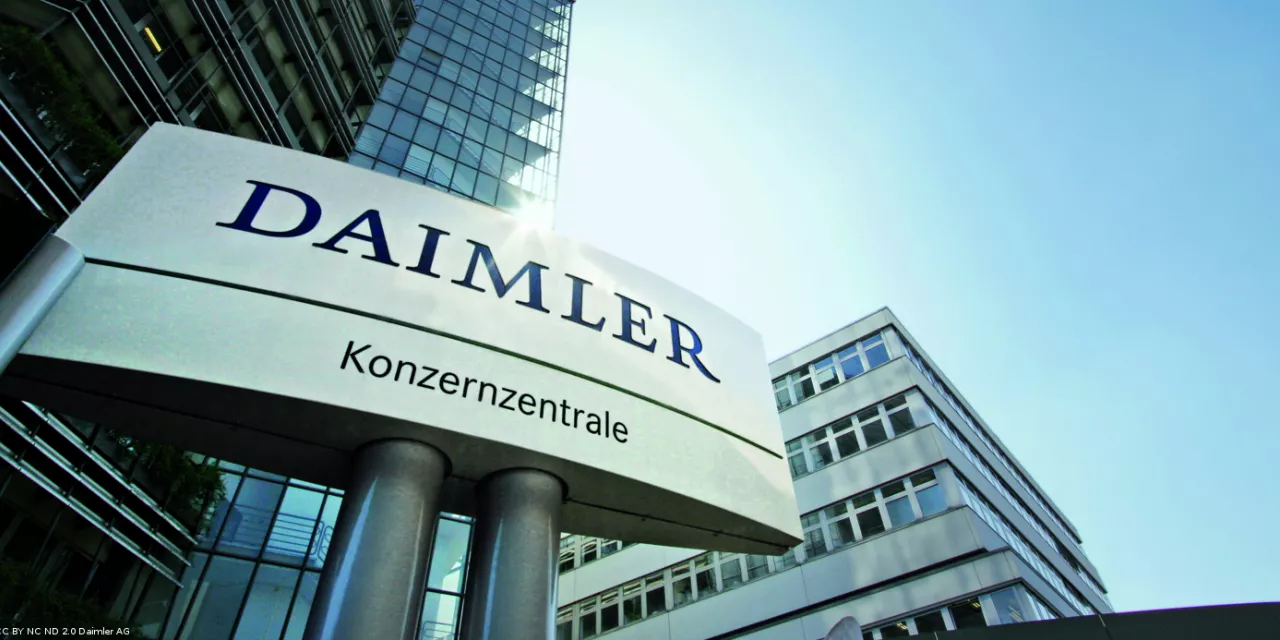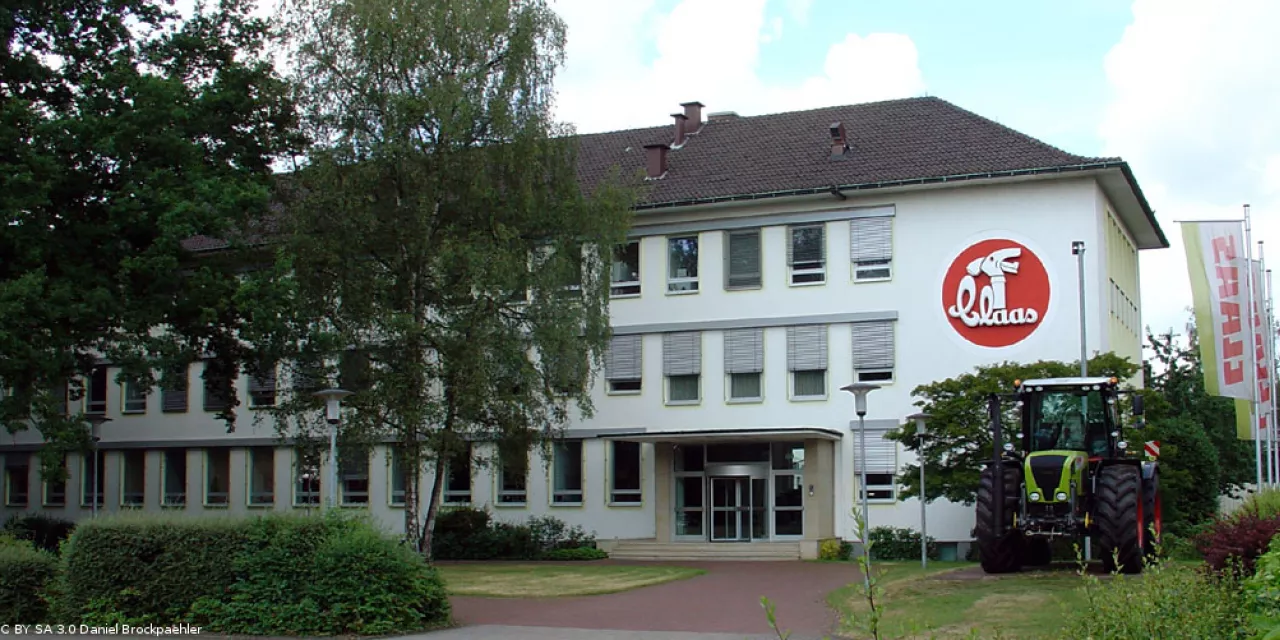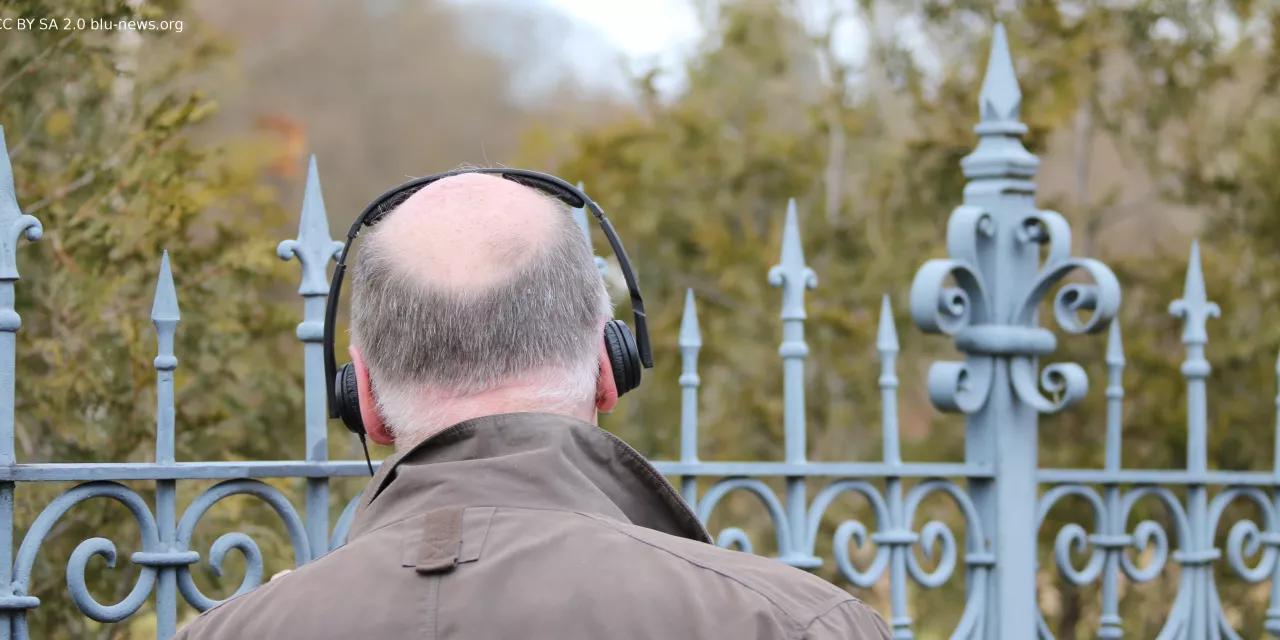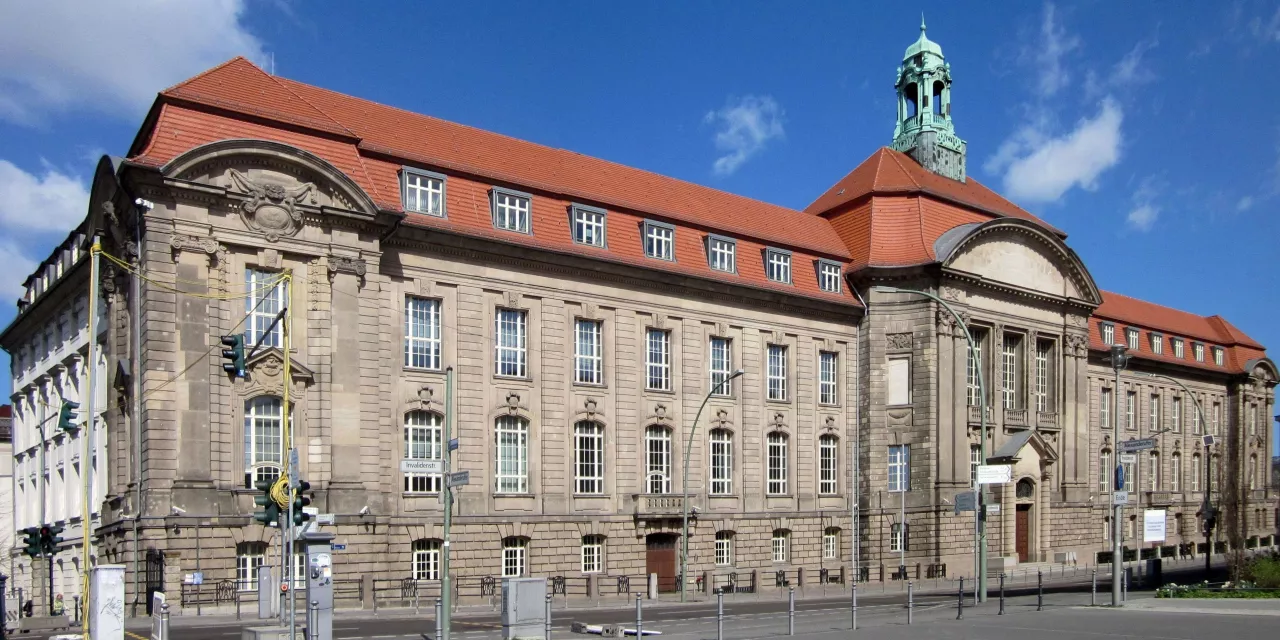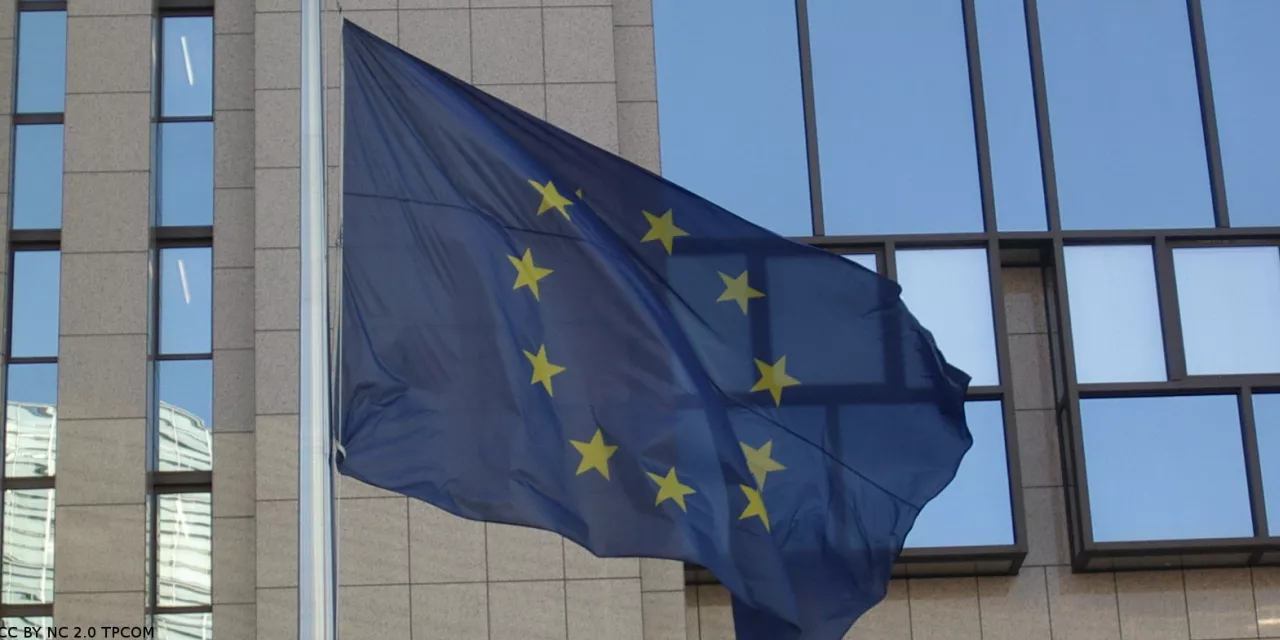Daimler AG

The BigBrotherAward 2011 the “Workplace” category goes to Daimler AG in Stuttgart.
Daimler receive this award as a representative for several German companies that require blood tests from their entire production workforce. This kind of modern-day vampirism was practised at Daimler until the end of 2009, in disregard of personality rights. In most cases, there was no requirement for such tests in industrial law.
No candidate wishing to gain a contract could avoid being tested. In theory, the blood tests should have been voluntary according to industrial and privacy laws. But effectively a “no” could mean the end of the dream of a good job at Daimler. How could that be voluntary?
Daimler responded to critical reports about the procedure by saying that taking blood samples had been practised in “good faith” for a long time. The company assumed the practice to be in conformance with applicable laws. They must have been unaware of the fierce legal debate about blood testing that had been going on for years. Company labour lawyers were apparently engaged in other activities than caring about the basic rights of employees.
Surprisingly, even the joint workers’ council at Daimler sided with the employer on the question of blood testing. In a statement after the accusations became public, the spokesperson of the joint workers’ council, Silke Ernst told the press that blood tests were permissible on the basis of a company agreement from 2004. This means that since 2004, blood samples had been taken from all new employees in administration and production, with the approval of the workers’ council. This is not how we imagine the protection of employees’ personality rights!
The Daimler AG has since stopped blanket blood tests in in response to the critical discussion. Applicants for jobs in production still have to endure the bloodletting, though.
Daimler must have had no choice but to reduce the practice in part, after the Data Protection Office of the state of Baden-Württemberg burdened the company's “good faith” with a critical assessment. The state's data protection officers found the blood tests to be completely unrelated to the job, and therefore deemed them illegal. So the point was not, for instance, to avoid the occupational hazard of a worker fainting on the job, or to protect co-workers from infectious diseases.
Instead of voicing their gratitude for the critical and constructive advice from the regulatory authority, as would have been common public relations practice these days, Daimler found the required changes very problematic. They deemed the regulators to be interfering with the medical duties of the company’s physicians. That’s what today you would call being immune to advice.
In any case, due to the clear-cut standards set by data protection rules, Daimler cannot currently continue with blanket blood tests.
Daimler is not alone among German enterprises in demanding such blood tests. According to a survey of the online edition of the daily newspaper “Die Welt”, the following companies or corporations, among others, performed indiscriminate blood tests at the beginning of 2010: BASF, Deutsche Börse (German Stock Exchange), K+S, Linde, Salzgitter Stahl, ThyssenKrupp, as well as some public broadcasters (Landesrundfunkanstalten) of the ARD (their working group).
There probably are many unreported cases at other companies. However, after critical voices have been heard in the public debate, employers are reluctant to discuss this. The same is true for urinalyses, which applicants have to face on a large scale. The practice of asking for urinalyses from trainees has already won the Bayer AG a BigBrotherAward in 2002. The motive was then, and is now, predominantly to detect substance abuse.
Both blood tests and urine tests are severe invasions of applicants' constitutionally protected personality rights. Companies are showing a profound disregard for the basic rights of citizens who are applying for a job, who therefore do not yet have a contractual agreement with the company, and of those already bound by a contract. Otherwise, they would only perform these tests where they are clearly necessary.
A look towards other business areas demonstrates the absurdity of blanket blood tests and urinalyses: Landlords and banks' credit departments have an interest in healthy and drug-free contractual partners, too. And so do car rentals, ski rentals, mail-order businesses, etc. If our employers are entitled to blood testing, why isn’t everyone else? Let us just hope that these lines will not put silly ideas in people's heads ...
The actions of companies such as Daimler have now attracted the legislators’ attention. A bill to regulate employees' privacy protection was drafted on 15 December 2010, it went through the first reading in the Bundestag (lower house of the German federal parliament) on 25 February 2011 and was delegated to the appropriate committee. When comes into force, this law will protect employees from the unlawful collection and use of person-related data.
The bill devotes a distinct paragraph (32a) to “health tests”. But hopes that company physicians will be slapped on their needle-wielding hands to at least prevent blanket blood tests are dashed: medical examinations, including blood tests, are allowed if certain health conditions constitute a “substantial and essential professional requirement before the start of employment”. In other words: if an employer wants to continue demanding blood tests, all they have to do is show plausibly that certain diseases are undesirable in the workplace for objective, factual reasons. The same applies to substance abuse tests.
Maybe Daimler were simply having bad luck. Had this law been in force a year and a half earlier, they could have continued their blanket blood tests without any problems. Time will tell.
Famished vampires should start writing applications to companies such as Daimler: all that blood taken by employers will have to go somewhere, after all.
Congratulations, Daimler AG.
Laudator.in


